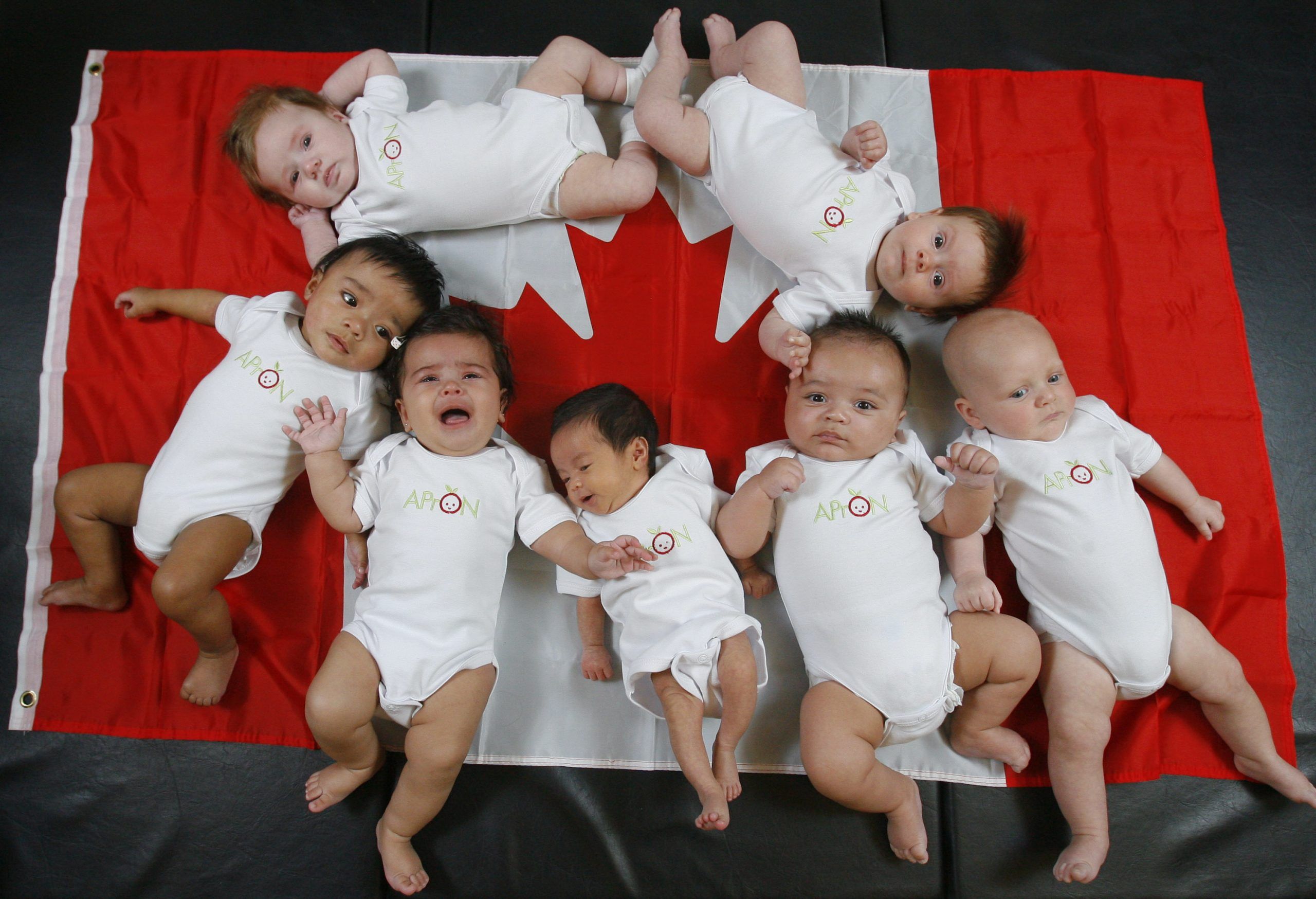Statistics Canada confirmed last week that 351,679 babies were born in 2022 — the lowest number of live births since 345,044 births were recorded in 2005.
The disparity is all the more notable given that Canada had just 32 million people in 2005, as compared to the 40 million it counted by the end of 2022. In 2005, it was already at historic lows for Canada to have a fertility rate of 1.57 births per woman. But given the 2022 figures, that fertility rate has now sunk to 1.33.
…
Of Canadians in their 20s, Statistics Canada found that 38 per cent of them “did not believe they could afford to have a child in the next three years” — with about that same number (32 per cent) saying they doubted they’d be able to find “suitable housing” in which to care for a baby.
…
A January survey by the Angus Reid Group asked women to list the ideal size of their family against its actual size, and concluded that the average Canadian woman reached the end of their childbearing years with 0.5 fewer children than they would have wanted
“In Canada, unlike many other countries, fertility rates and desires rise with income: richer Canadians have more children,” it read.



deleted by creator
Well, you’re not becoming a modern farmer. You’re becoming a preindustrial farmer. Modern life has its problems but I’d rather not become a peasant, thanks.
deleted by creator
The way I see it, a farmer is one who operates a farm, and a farm is an area dedicated to the production of food or other plant or animal products, but that’s irrelevant. We can use the word “homesteader” if you prefer.
Life as a homesteader sucks. It’s very hard work with long hours. If you get a few bad crop years in a row, you starve. If you become disabled, you starve. If you become seriously ill, far away from decent medical care, you die. Of course the community can help you, but you’re surrounded by other homesteaders with the same problems.
That is, more or less, the way it was for most of human history. These days, we specialize. We assign a few people to produce food, a few people to educate the young, a few people to treat illness, and so on. In most of the Western world, we organize this with money. If I opt out of the system to become a homesteader and work the land for food for my family, that is my full-time job. I don’t contribute anything extra to society, and so I have no (or little) money. My life becomes essentially that of a peasant. Oh, sure, I have vaccines and civil rights and maybe running water, so my life isn’t as bad as that of a medieval peasant, but it’s still fundamentally similar: I give up most of the advantages of living in a modern, industrialized society.
deleted by creator